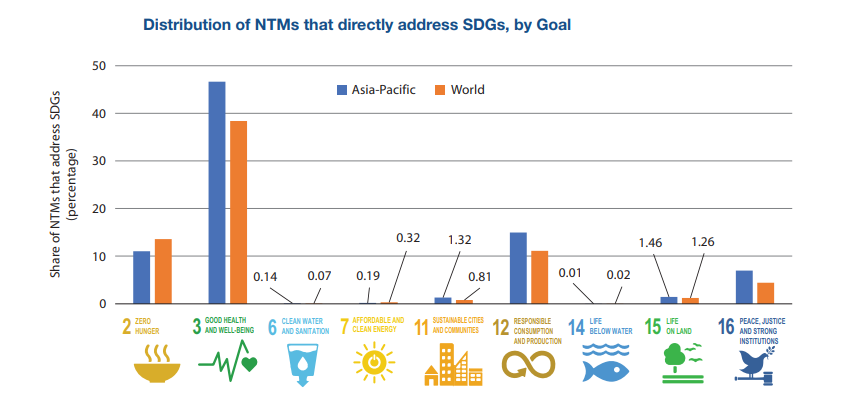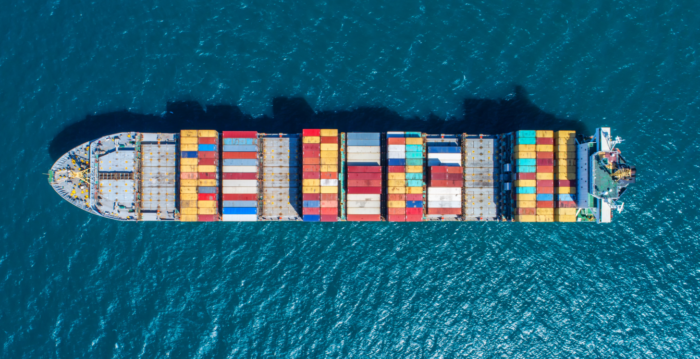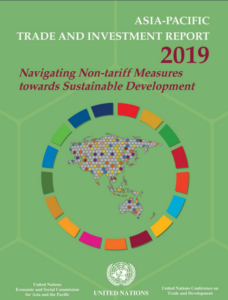UNCTAD issued its Asia-Pacific Trade and Investment Report 2019 highlighting that these tariffs affect the 58% of trade in Asia-Pacific trade, adding that the non-tariff measures (NTMs) have significantly increased in the past two decades.
Although the NTMs serve legitimate objectives, most of the times their trade costs are estimated to be more than double than the ordinary tariffs. Accordingly, the report states that the economic cost of SPS and TBT measures is estimated to be up to 1.6% of global gross domestic product, amounting to $1.4 trillion, which concerns traders and policy makers that try to ensure that trade can continue to support sustainable development.
Moreover, in 2018, in Asia and the Pacific the new NTMs that were reported to WTO reached 1.360 measures, equal to a 15% year-on-year increase; Averagely, each imported product in Asia and the Pacific faces 2.5 NTMs, and 57% of imports are affected by at least one NTM. This increase is mostly due to efforts of developing countries in improving their technical, sanitary and phytosanitary regulatory frameworks; in contrast, annual notifications by developed economies have remained fairly constant across the years.
The report further adds that about half of NTMs in Asia and the Pacific directly address the Sustainable Development Goals, including regulations of medicines, food safety, technical regulations on vehicle safety, and regulations on trade, and packaging of alcohol and tobacco products. 
The report notes that it is important to coordinate NTMs with international standards, and of simplifying procedures related to these regulatory measures. Given that NTMs are necessary to protect health, safety and the environment, they need to be coordinated or harmonized rather than eliminated. Research suggests that a similar level of protection of health, safety and the environment could be achieved at lower costs if regulations were more similar or mutually recognized.
Concluding, digitalization plays a key role in NTM-related procedures as complying with NTMs requires exchanging paperwork between traders and trade control agencies, both within and across borders; Consequently, a web-based application and exchange of information would reduce
To learn more, click on the PDF herebelow
































































